A futuristic agenda for India & Canada
India can draw Canada in a new direction – away from its trans-Atlantic fixation, into the Indo-Pacific and a tech and resources partnership that will benefit both democracies
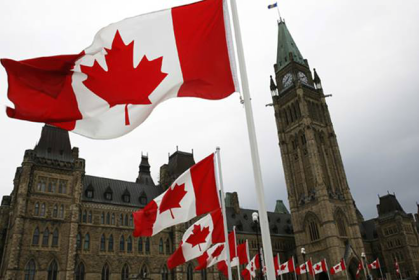 Courtesy: Financial Express
Courtesy: Financial Express
India can draw Canada in a new direction – away from its trans-Atlantic fixation, into the Indo-Pacific and a tech and resources partnership that will benefit both democracies
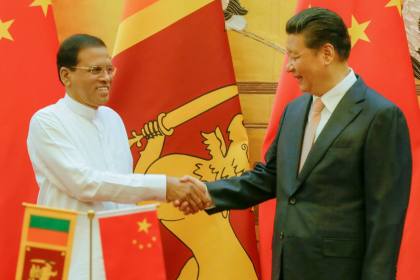 Courtesy: MEA Flickr
Courtesy: MEA Flickr
The current political unrest in Sri Lanka and coups in Maldives and Zimbabwe bear a Chinese imprint. China’s use of strong-arm tactics smacks of the very behaviour that it had earlier criticised in former colonial powers
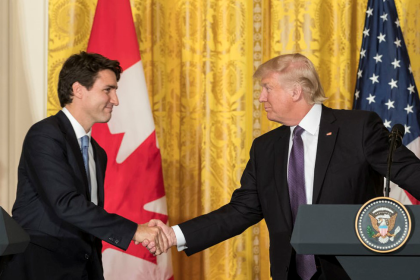 Courtesy: Wikimedia Commons
Courtesy: Wikimedia Commons
The United States, Europe and the Asia Pacific today form Canada’s tripartite foreign policy priorities. The ASEAN is its sixth largest partner, which was not so 20 years ago, but economic engagement with India – still small, compared to China and Japan – has scope to grow
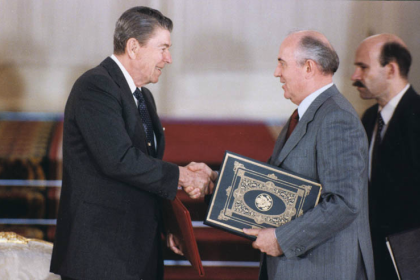 Courtesy: Wikimedia Commons
Courtesy: Wikimedia Commons
America’s withdrawal from a Cold War arms control agreement seems to be dictated by China’s development and deployment of thousands of short and medium range ballistic missiles.
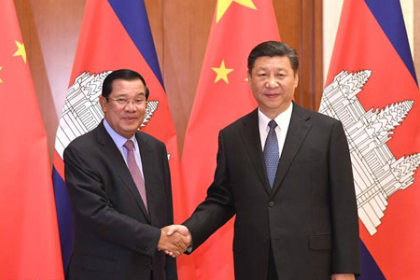 Courtesy: Ministry of Foreign Affairs, China
Courtesy: Ministry of Foreign Affairs, China
In Cambodia, democracy exists only in form. Liberal values, inculcated by the West, take second place to poverty alleviation and employment. Such priorities have affected its diplomatic allegiances while bilateral relations with India have not expanded
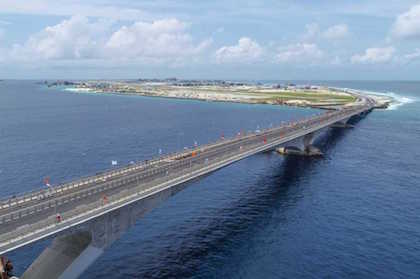 Courtesy: Competitive India
Courtesy: Competitive India
'Strategic OFDI’ is outward foreign direct investment made by nations in their strategic interests. China leads the way, but the U.S. has also just announced a new agency for strategic OFDI. It will now gain increasing salience in global foreign policy.
 Courtesy: Getty Images
Courtesy: Getty Images
The romance of the Sky Train—which runs 3,757 km and connects Lhasa to Beijing—lies in the stark beauty of the Roof of the World, an ancient land long closed to the public and foreign gaze as also in the modern engineering of the railroad and the train
 Courtesy: Debating Security Plus
Courtesy: Debating Security Plus
From 19-20 June, Brussels-based think tank, Friends of Europe organised an online brainstorming on global security issues called Debating Security Plus 2018. As part of this, Gateway House co-moderated the discussion on hybrid and asymmetric warfare. Below is the summary of that discussion, from the final report of the Debating Security Plus.
 Courtesy: Global Gallivanting
Courtesy: Global Gallivanting
India’s millennials, like many in other emerging economies, are optimistic about their future in a way their contemporaries in developed markets are not. Young Indians defer less to tradition and authority, yet cling to convention in many areas of their lives. A new book attempts to plumb the millennial mindset
 Courtesy: Lifeforex
Courtesy: Lifeforex
Basing the global oil trade on the Yuan instead of the U.S. Dollar is one leg of China’s bid to convert its currency into the international reserve currency, replacing the dollar-dominated global financial architecture. But many factors impede the Yuan from reaching the maturity required for its global adoption.